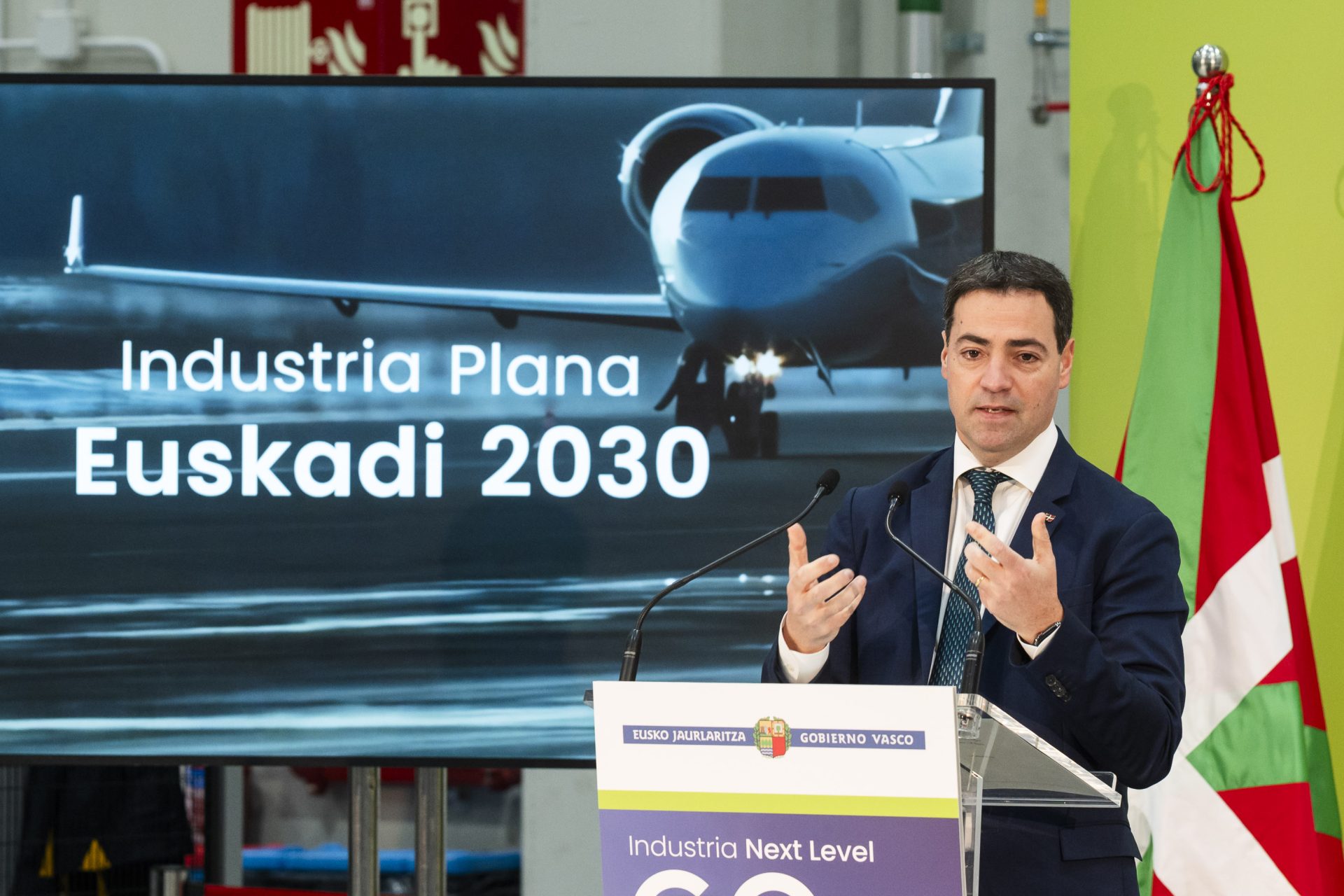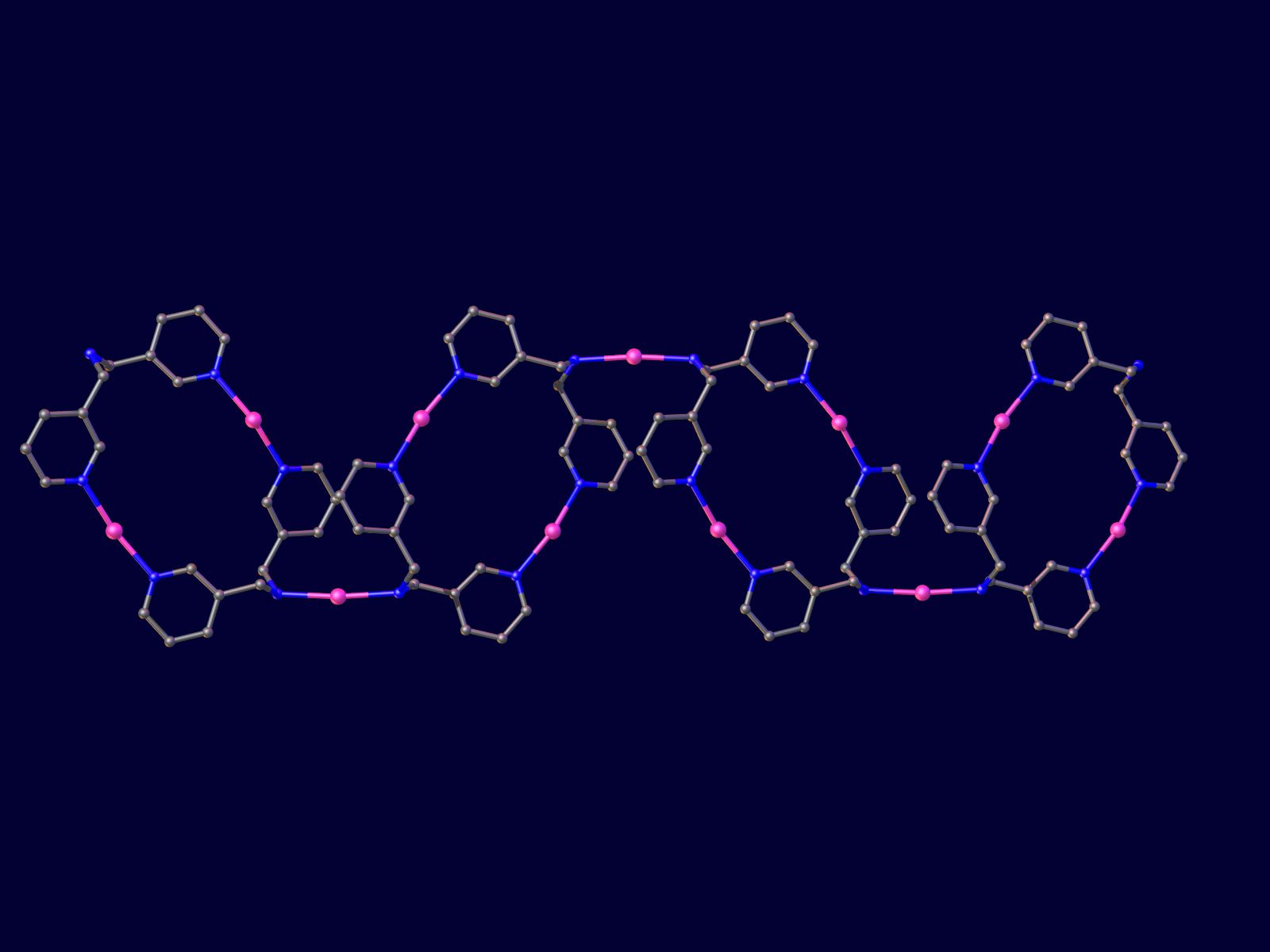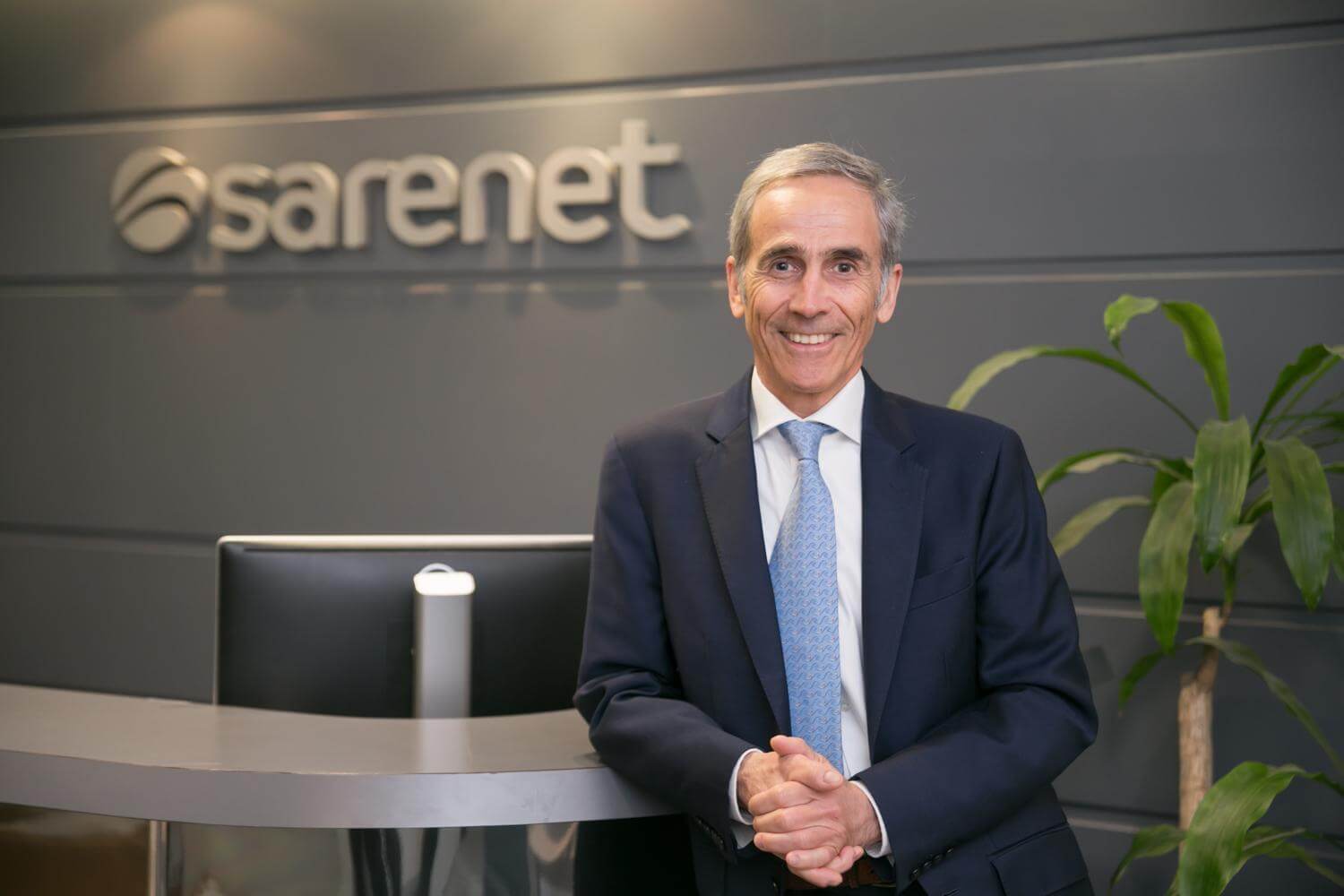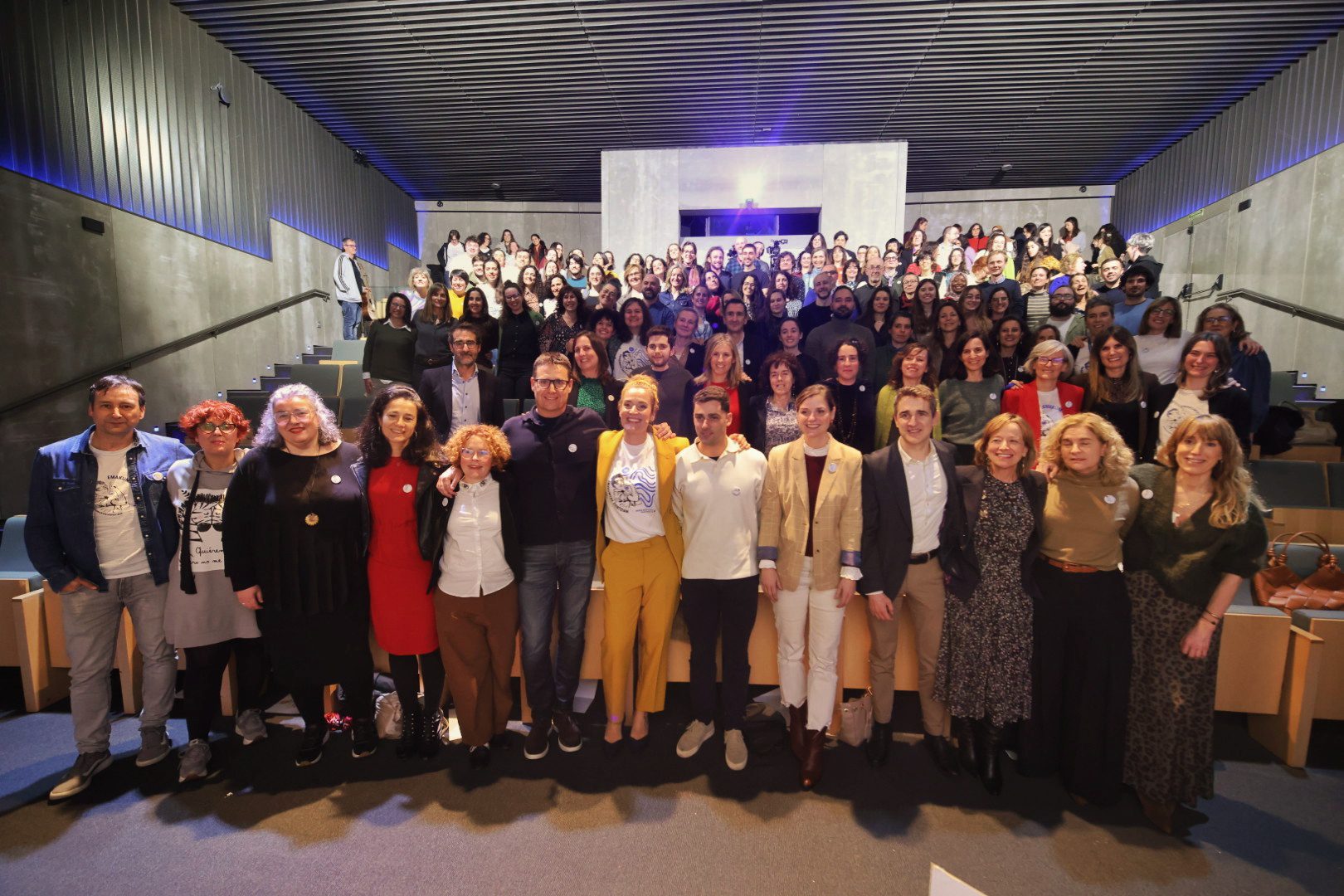NEIKER drives the digital revolution for soil health in Europe with artificial intelligence
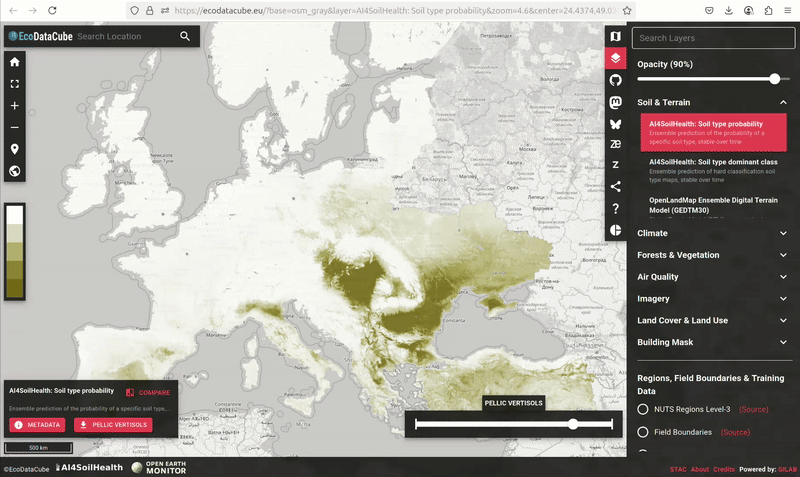
The initiative seeks to support the European Union’s Soil and Food Health Mission to achieve the objectives set out in the EU Soil Protection Strategy for 2030
The NEIKER technology centre, located in the Basque Country Technology Park, is the only Spanish partner participating in the European AI4SoilHealth project, which is developing an innovative digital system to assess and predict soil evolution in Europe.
The central tool, Soil Health Data Cube, integrates millions of records with the help of artificial intelligence, allowing the analysis of climatic, physical-chemical and biological factors, and predicting the response of the soil to challenges such as climate change with unprecedented resolution.
NEIKER contributes national data and leads the incorporation of biological indicators into the analysis, as well as validating new field monitoring technologies and gathering the experience of farmers and managers to facilitate the practical application of the results.
This project, involving 28 European entities, contributes to the EU Soil Protection Strategy 2030, strengthening the sustainability of agriculture and ecosystems on the continent.
